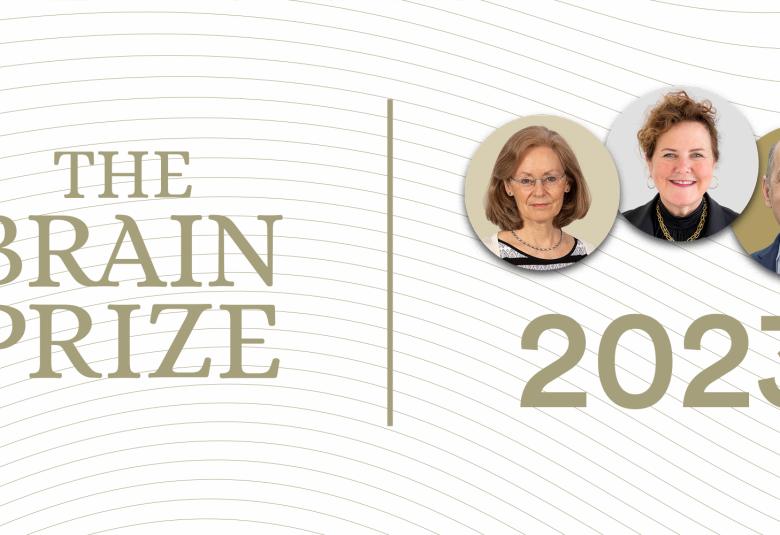Affective cognition — which is the interface where the emotional and cognitive processes are integrated to generate behaviour — can be impaired in bipolar disorder, but the results are inconsistent across studies and disease phases. Three new studies presented at ISBD 2020 indicate that a significant impairment in bipolar disorder is impaired recognition of facial expression.
The most consistent impairments in affective cognition in bipolar disorder (BD) were evaluated in a systematic review carried out by the International Society of Bipolar Disorder (ISBD) Targeting Cognition Task Force,2 said Tamsyn Van Rheenen, University of Melbourne.
Impairments of affective cognition in bipolar disorder are heterogenous1
Studies included in the review investigated:
- emotional recognition of facial expression
- reactivity to emotional words and images
- explicit emotion regulation
- implicit emotion regulation
- reward processing and affective decision-making
Facial expression recognition and implicit emotion regulation were most likely to be impaired in Bipolar Disorder
The most consistent findings were:
- trait-related difficulties in facial emotion recognition and implicit emotion regulation
- during mood episodes, impairments in reward processing and affective decision-making
An affective cognition test battery for BD would be an important step to aid comparability between studies in the field, said Dr Van Rheenen.
Neurocognitive subgroups are related to impairments in affective
Processing of emotional faces may represent an early risk marker of Bipolar Disorder
Neurocognitive impairments in people with BD are heterogeneous,2 said Professor Kamilla Miskowiak of the University of Copenhagen.
A hierarchal cluster analysis study was therefore carried out in her department to determine whether neurocognitive subgroups are related to affective cognition impairments.3
The analysis of neurocognitive data for newly diagnosed remitted patients with BD revealed three discrete neurocognitive clusters:
- a globally impaired cluster (23% of patients)
- a selectively impaired cluster (31% of patients)
- a cognitively intact cluster (46% of patients)
The globally impaired cluster showed most impairments in facial expression recognition and emotion regulation in social scenarios.3
Processing of emotional faces may represent an early risk marker of BD, concluded Professor Miskowiak.
Emotion Recognition increases social participation
Emotion Recognition may be an important treatment target to increase social functioning
Annemiek Dols of Amsterdam University Medical Center highlighted that 25% of people with BD are at least 50 years old4 and described her study to investigate how affective cognition and neurocognition affect social functioning in Older Adults with BD (OABD).
Affective cognition of 61 euthymic OABD was measured by Theory of Mind and Emotion Recognition. A positive association was seen between Emotion Recognition and social participation, but not for Theory of Mind.
This is the first study that shows better Emotion Recognition is associated with less impairment in social participation and suggests that Emotion Recognition may be an important treatment target to increase social functioning in BD, concluded Dr Dols.
Our correspondent’s highlights from the symposium are meant as a fair representation of the scientific content presented. The views and opinions expressed on this page do not necessarily reflect those of Lundbeck.




